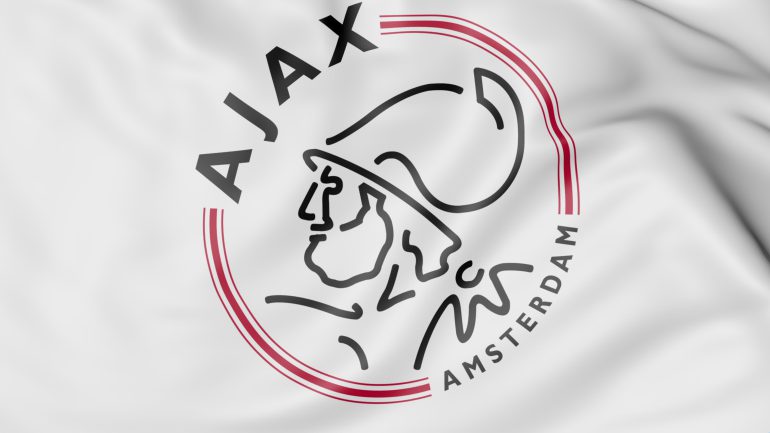Can a new event even be called a crisis if an institution is perpetually in that state? This must be how the fans of famous Dutch football club Ajax are feeling after another calamitous day for the club, which seems intent on giving calamity a bad name. New CEO Alex Kroes has been suspended a mere two weeks into his new role for alleged insider trading.
The allegations refer to the fact Kroes purchased 17,000 shares in Ajax the week before he was announced as the new CEO on 2 August 2023. Following the resignations of long-standing backroom staff members and club legends Marc Overmars and Edwin van der Sar in the twelve months leading up to Kroes’ appointment, Ajax’s share price had been on a consistent downturn: from the start of the 22/23 season to the beginning of the next, Ajax’s share price dropped by 12.4%. After the announcement in August that Kroes would take up the position of CEO in March 2024 – the wait was due to a clause in his contract with previous club AZ Alkmaar – Ajax’s stock price had stabilised.
The problem is that Kroes may have been using his insider knowledge of his own recruitment for potential profit, which is a criminal offence in the Netherlands. In a statement, Chairman of the Supervisory Board Michael van Praag said: ‘We are deeply dismayed that this has occurred at Ajax, as it is highly detrimental to the club and everyone who holds it dear. Alex Kroes’ actions are not in line with what Ajax stands for. The timing of his share purchase indicates insider trading. Such a violation of the law cannot be tolerated by a publicly listed company, especially when it involves the CEO.’
In a lengthy article for De Telegraaf published the day of his suspension on 2 April, Kroes denied the accusations of insider trading. Having previously owned shares in the club prior to any discussions regarding employment, Kroes states that he thought purchasing new shares ‘was a positive signal to radiate confidence in the club and to shareholders. To be part of that – literally and figuratively. I believe that you radiate confidence to your fellow shareholders and stakeholders if you buy shares yourself and therefore also run financial risks yourself. ‘Skin in the game’, as they say.”
Kroes also contends that he was completely transparent in his financial history with Ajax during the interview process, explaining: ‘I naturally provided full disclosure to the Supervisory Board about [any] relevant assets.’ He also claims that he ‘pointed out to Ajax in August last year that I had this package and that I would like to hear how to deal with it because I was not aware of the specific rules. That question has not been answered to date.’
Kroes’ case will now be put before an Extraordinary General Meeting of shareholders to discuss the situation and to decide on whether Kroes will be fully dismissed from his position. However, given the club’s initial statement, it seems unlikely that Kroes could continue in his role. The claims and counterclaims between Kroes and Ajax, the suddenness of his suspension, the wait until Kroes was actually employed before investigating his financial dealings, are all indicative of a club in chaos.
This is reflected on the pitch: Ajax are on target to record the worst season in decades, having already failed to reach the Champions League for the first time since 2009. They are also in danger of missing out on European football altogether, with the team lying 7 points adrift of the European places with 7 games left of the season.
But it is the backroom problems that underscore the decline of the club since the high of Champions League semi-final in 2019. Once a model club in terms of holistic structure and careful management, Ajax now have no control, no leadership and no vision beyond simply making it to the next day without another embarrassing headline.
Written by James Turrell
